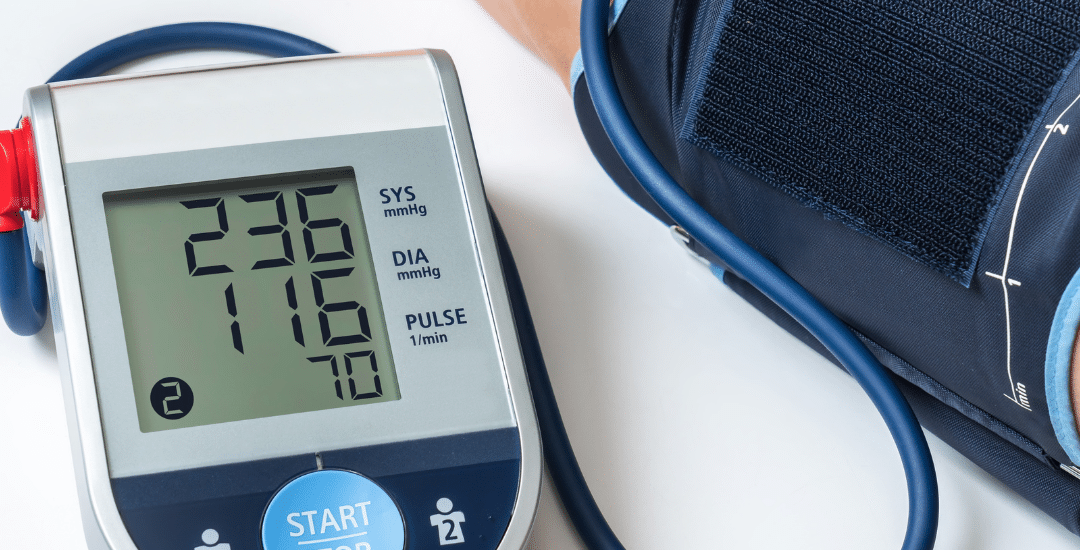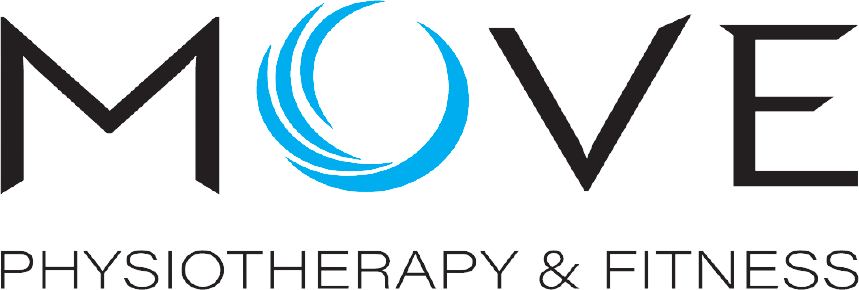Common Stroke Rehab Mistakes and How to Avoid Them
- August 8, 2024
- Posted by: Kathryn Orbigozo
- Category: Uncategorized

Stroke is a major health issue in Australia, with recent statistics revealing that approximately 60,000 Australians experience a stroke each year.
This debilitating condition can have profound effects on physical and cognitive functions, making effective rehabilitation crucial for recovery. Fortunately, physiotherapy plays a significant role in the rehabilitation process.
Studies show that up to 75% of stroke patients who engage in physiotherapy and targeted exercises see substantial improvements in their mobility, strength, and overall quality of life.
Despite the benefits, many patients encounter common mistakes during their rehabilitation journey.
In this blog, we’ll highlight these pitfalls and provide guidance on how to avoid them to maximize your recovery.
1. Lack of Consistency in Therapy
Mistake: One of the most common mistakes in stroke rehabilitation is a lack of consistency. Skipping sessions or not adhering to prescribed exercises can significantly hinder progress.
Consequences: Irregular therapy can lead to slower recovery, decreased effectiveness of treatment, and missed opportunities for improvement.
How to Avoid: Establish a regular schedule for therapy and exercise routines. Use reminders and support from family or caregivers to stay on track. Track your progress to stay motivated and make necessary adjustments.
2. Ignoring Professional Guidance
Mistake: Relying on self-diagnosis or online advice rather than following professional guidance is another frequent mistake.
Consequences: This approach can result in incorrect exercises, potential injuries, and slower recovery.
How to Avoid: Always adhere to the plan prescribed by your physiotherapist. Communicate any concerns or changes in your condition and seek professional advice for any adjustments needed in your rehabilitation plan.
3. Setting Unrealistic Goals
Mistake: Setting goals that are too ambitious or expecting rapid recovery can lead to frustration and demotivation.
Consequences: Unrealistic expectations may cause burnout and hinder progress.
How to Avoid: Work with your physiotherapist to set realistic, achievable short-term and long-term goals. Focus on gradual progress and celebrate small victories to maintain motivation.
4. Overexerting or Underexerting
Mistake: Struggling with balancing the intensity of exercises—either overexerting yourself or underexerting—can be detrimental.
Consequences: Overexertion can lead to injuries, while underexertion can slow down recovery.
How to Avoid: Follow your physiotherapist’s recommendations regarding exercise intensity and duration. Listen to your body and adjust as needed. Regularly consult with your therapist to ensure your exercise routine is appropriately challenging.
5. Neglecting Mental Health
Mistake: Overlooking the emotional and psychological aspects of stroke recovery can impede overall progress.
Consequences: Stress, anxiety, and depression can negatively impact physical recovery.
How to Avoid: Incorporate mental health support, such as counseling or support groups, into your rehabilitation plan. Engage in activities that promote relaxation and communicate with your healthcare team about any mental health concerns.
6. Inadequate Home Environment Adaptations
Mistake: Failing to make necessary adjustments at home for safety and accessibility can hinder progress.
Consequences: Increased risk of falls and difficulty performing exercises can impede recovery.
How to Avoid: Modify your home environment to ensure safety and ease of movement. Use assistive devices as recommended and create a supportive space for your rehabilitation activities.
7. Poor Communication with Healthcare Providers
Mistake: Inadequate communication with physiotherapists or doctors can result in misunderstanding of progress and inappropriate treatment adjustments.
Consequences: Miscommunications can delay recovery and affect treatment effectiveness.
How to Avoid: Maintain open and honest communication with all healthcare providers. Report any changes in your condition and attend follow-up appointments regularly to ensure your treatment plan remains effective.
8. Focusing Solely on Physical Recovery
Mistake: Emphasizing only physical therapy while neglecting other aspects of recovery can limit overall improvement.
Consequences: Ignoring cognitive or emotional recovery can hinder complete rehabilitation.
How to Avoid: Engage in a holistic approach that includes cognitive, speech, and emotional support. Address all aspects of recovery to achieve the best possible outcomes.
Stroke rehabilitation is a complex process that requires careful attention to avoid common mistakes. By staying consistent with therapy, following professional guidance, setting realistic goals, and addressing both physical and mental health, you can significantly enhance your recovery.
Navigating stroke rehabilitation? Move Physiotherapy and Fitness is here to help. Our expert team offers personalized stroke rehab services to support your recovery. Call us today to schedule a consultation and start your path to recovery!
